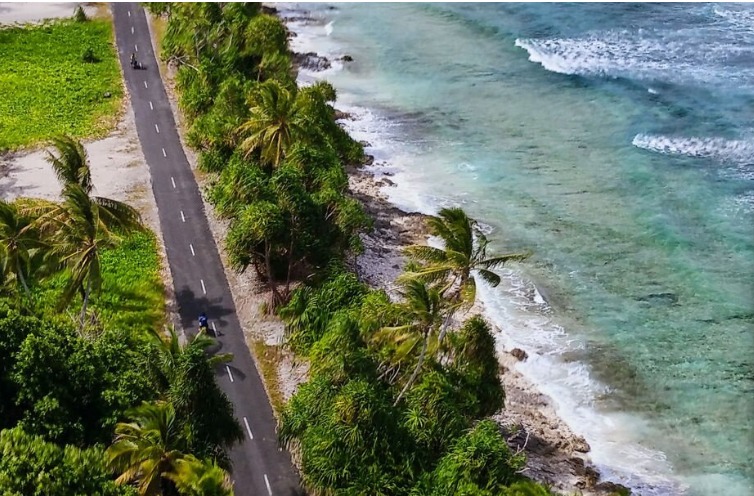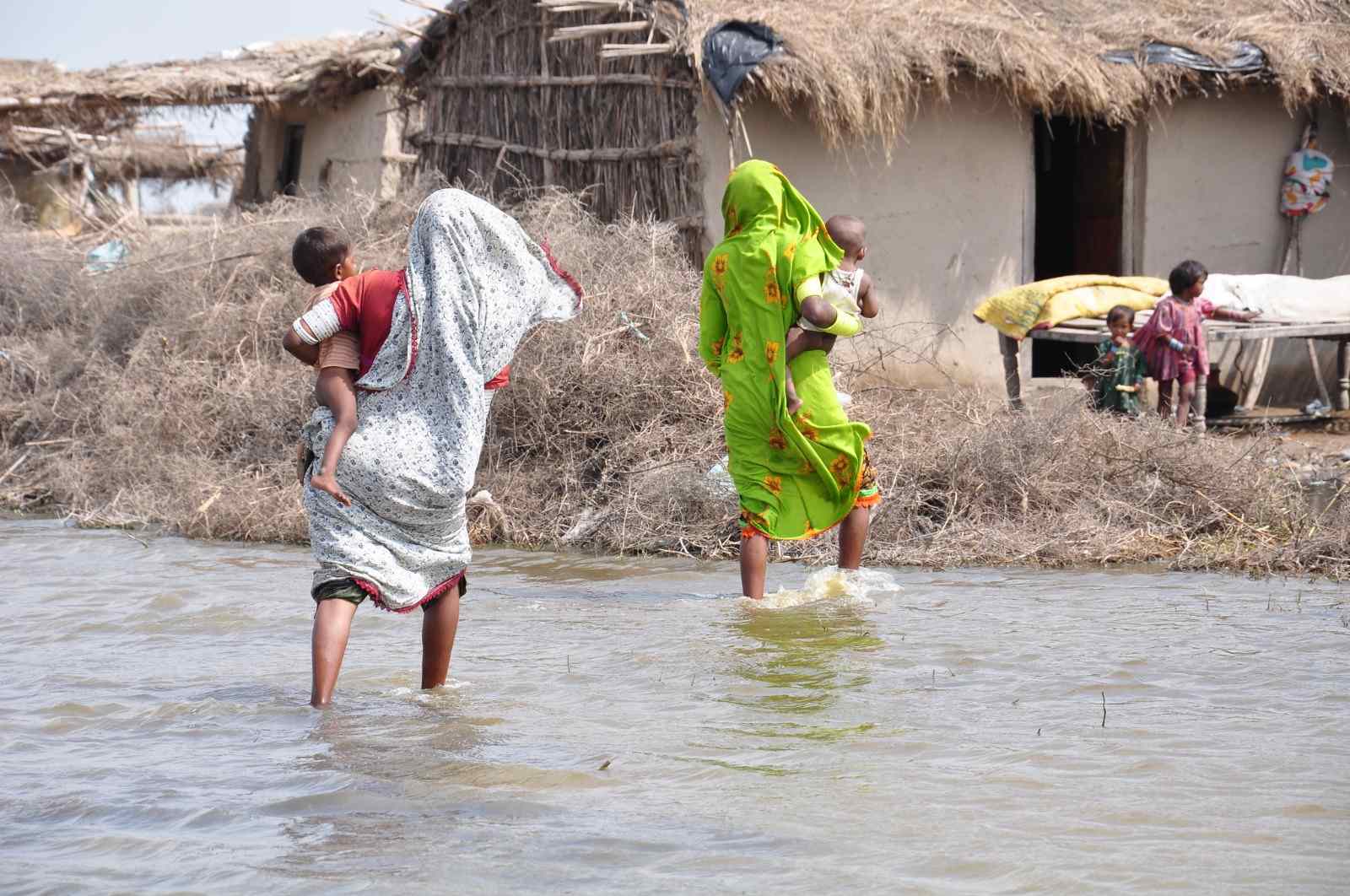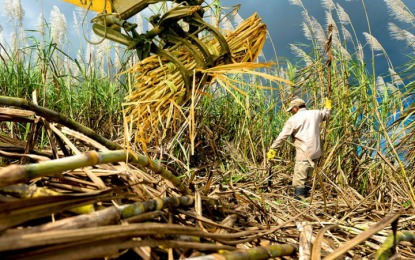Enviro News Asia, Geneva — Amid the growing threat of climate change to human health, a wave of optimism emerged from the headquarters of the World Health Organization (WHO). The Cook Islands, Malaysia, and Tuvalu have officially joined the Alliance for Transformative Action on Climate and Health (ATACH), bringing the total membership to 100 countries committed to taking concrete action to protect health from the impacts of the climate crisis.
This milestone is far from symbolic. For the global health community, reaching 100 member countries marks a new wave of solidarity to confront increasingly evident dangers — from extreme heatwaves to the spread of diseases driven by shifting weather patterns.
“This alliance proves that the world is moving from discussion to real action,” said a WHO spokesperson. “We welcome the Cook Islands, Malaysia, and Tuvalu to the ATACH family, now consisting of 100 countries and more than 95 partner organizations.”
Each new member nation brings its own story and unique challenges.
Tuvalu, a small Pacific island nation and the smallest WHO member, has long been a strong voice in climate advocacy. For Tuvalu, climate change is not a distant threat — it’s a present reality as rising seas gradually erode their islands.
The Cook Islands, another small Pacific state, continues to face threats to food security and public health as tropical storms intensify.
Meanwhile, Malaysia, with its rapidly growing economy and abundant natural resources, is building a climate-resilient healthcare system. The government has set targets to transition toward a low-carbon health system, aligning with the global commitments made at the UN Climate Change Conference (COP26).
Established in 2022, ATACH is a voluntary global network created to help countries implement their COP26 health and climate commitments. Its main objectives are to build climate-resilient health systems and reduce carbon emissions in the healthcare sector.
Through this alliance, member countries share knowledge, experiences, case studies, and technological innovations that can be applied nationally — fostering collaboration across borders, from policy development to on-the-ground implementation.
“The climate crisis is a health crisis,” said WHO Director-General Dr. Tedros Adhanom Ghebreyesus in a previous statement. “Through ATACH, we are working together to ensure hospitals, health systems, and communities are prepared for a hotter, more uncertain world.”
Now, with 100 member countries and over 95 partner organizations, ATACH has evolved into a dynamic global community. The collaboration is expected to accelerate climate adaptation and mitigation actions within the health sector — not only globally, but also at regional and local levels.
WHO continues to encourage other nations to join the movement.
“Every step, no matter how small, brings us closer to a healthier and more sustainable world,” stated WHO.
From tiny Pacific islands to major Asian cities, the world is moving together. One hundred countries have taken the first step — the question remains: Who will be the 101st to safeguard the future of global health? (*)















